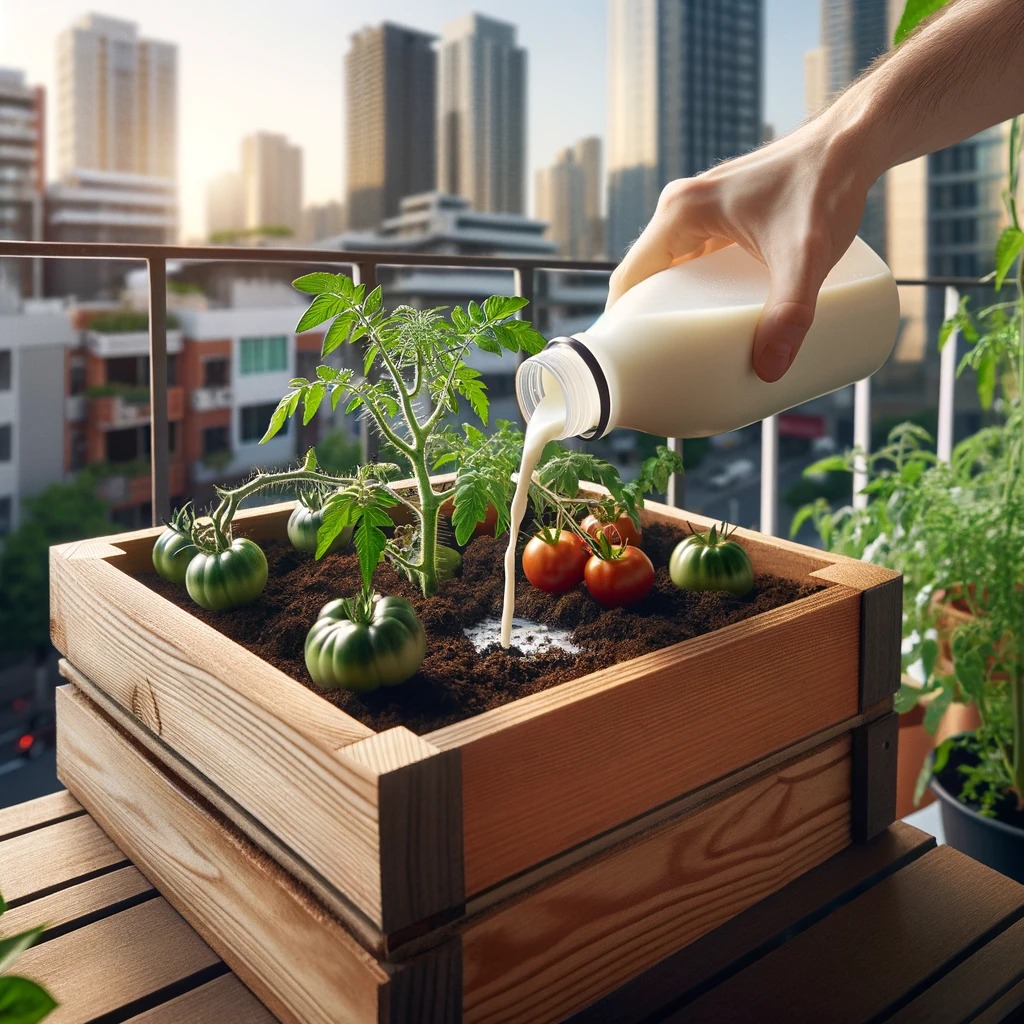
Tomatoes are a staple in many gardens, cherished for their versatility and the flavor they bring to dishes. However, the month of May is a pivotal time for establishing a healthy tomato crop, and certain missteps can severely impact the yield and quality of your harvest. Here are three critical mistakes to avoid in your garden during May to ensure a bountiful and healthy tomato harvest:
- Planting Too Early in the Season
- Risk: Tomato plants are highly sensitive to frost and cold temperatures. Planting tomatoes outside before the last frost date in your area can expose young, tender plants to damaging cold snaps.
- Solution: Always check the local frost dates and wait until the danger of frost has passed before planting your tomatoes outdoors. If you’re eager to get a jump on the season, consider starting your tomatoes indoors or using row covers to protect them from unexpected late frosts.
- Improper Watering Techniques
- Risk: Tomatoes require consistent moisture to thrive, especially as they establish roots and start to grow. Overwatering can lead to root rot and fungal diseases, while underwatering, particularly during a dry spell in May, can stress the plants and lead to poor development and fruit set.
- Solution: Implement a regular watering schedule that keeps the soil evenly moist but not waterlogged. Using a drip irrigation system or soaker hoses can help deliver water directly to the roots, reducing moisture on the foliage and minimizing disease risks. Also, consider mulching around your tomato plants to help retain soil moisture and regulate soil temperature.
- Neglecting Pest and Disease Monitoring
- Risk: May is a crucial month for setting preventive measures against pests and diseases that can affect tomatoes. Ignoring signs of pests such as aphids, tomato hornworms, or diseases like early blight can quickly lead to a loss of your plants or fruit.
- Solution: Regularly inspect your tomato plants for signs of pests and diseases. Look under leaves, around stems, and near the soil. At the first sign of trouble, use appropriate organic or chemical treatments to manage the issue. Employing integrated pest management (IPM) practices, such as introducing beneficial insects and using disease-resistant tomato varieties, can also help protect your crop.
By avoiding these three common gardening mistakes in May, you can set your tomato plants up for a successful growing season, leading to a plentiful harvest of delicious tomatoes. Remember, the care you provide in the early stages of growth significantly influences the health and productivity of your tomato plants.